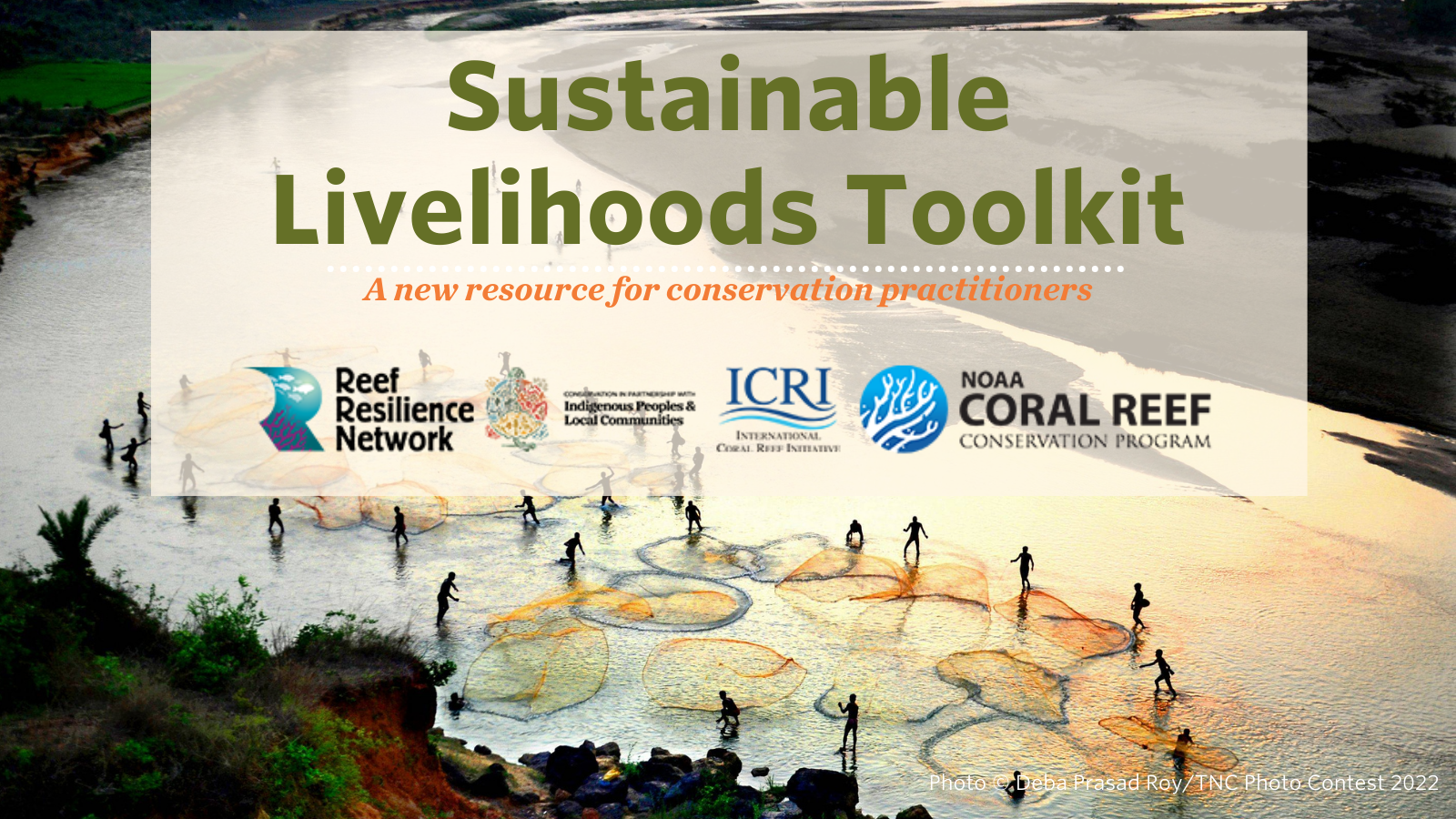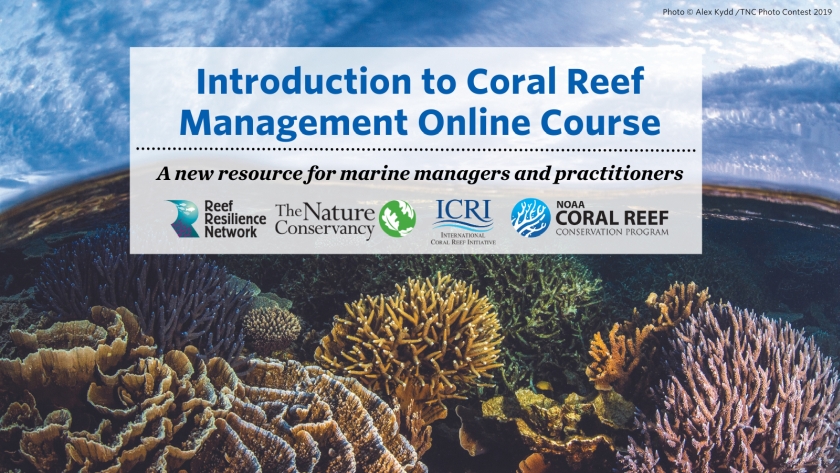The authors of this study convened coral reef experts to outline a set of principles that could be undertaken as a coordinated strategy to sustain coral reefs into the future. Through a new modeling approach, the authors show that under a climate scenario with continued high emissions and the ability of corals to adapt, coral reefs will still be unable to survive into the future; however, under a low emissions scenario with coral adaptation, many reefs will be able to recover and be sustained. This model also illustrates that the window of opportunity to act for coral reefs is between now and the year 2050. The authors then review the current state of coral reef interventions, falling into the categories of 1) solar radiation modification and (2) enhancing biological, ecological, and socioeconomic adaptations. 21 experts were asked to evaluate all interventions by the criteria of effectiveness, readiness, co-benefits, acceptability, and scale. Results showed that addressing the causes of climate change was the top intervention to support reefs. High scores for other interventions showed that reducing greenhouse gas emissions must be paired with local and regional actions that improve coral reef resilience. Top activities include improved governance and regulation, reducing pollution, marine protected areas, restoration, and fisheries management, among others. The authors argue that this blueprint to save reefs must be conducted through an organized strategy akin to global efforts to combat human diseases, with coordination across countries and disciplines, as well as strong political support and investments.
Authors: Kleypas, J., D. Allemand, K. Anthony, A. C. Baker, M. W. Beck, L. Z. Hale, N. Hilmi, O. Hoegh-Guldburg, T. Hughes, L. Kaufman, H. Kayanne, A. K. Magnan, E. Mcleod, P. Mumby, S. Palumbi, R. H. Richmond, B. Rinkevich, R. S. Steneck, C. R. Voolstra, D. Wachenfeld, J-P. Gattuso
Year: 2021
Biological Conservation 257:109107. doi.org/10.1016/j.biocon.2021.109107


